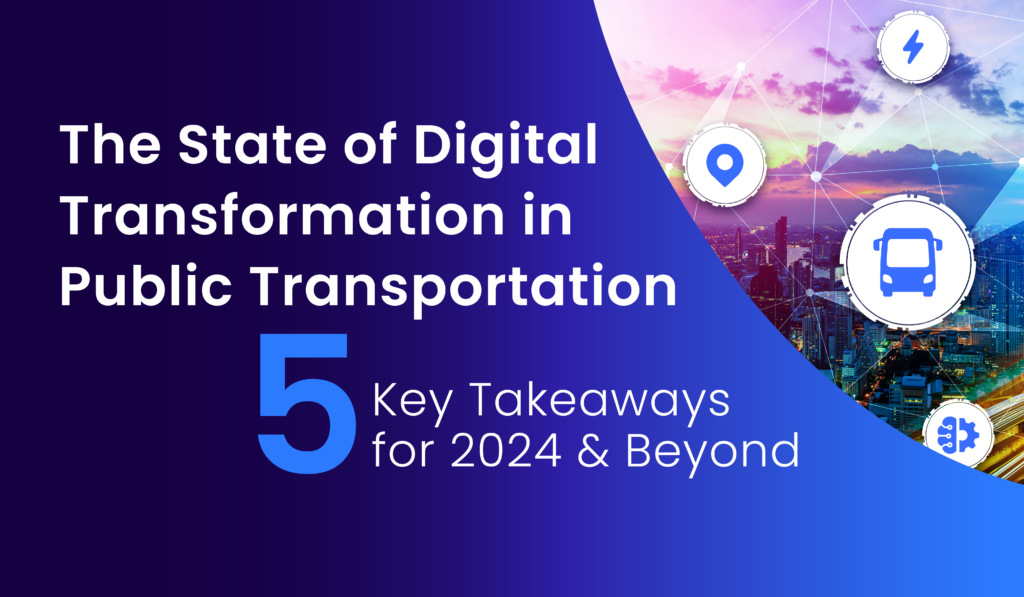Optibus, the AI-powered software platform for public transportation management, has reached a major milestone: powering the planning and scheduling of 10,000 buses across Chile.
As major public transportation operators across Chile adopt Optibus’ end-to-end platform, Optibus’ technology is playing a key role in improving efficiency, optimizing service, and advancing the initiative to build a fully electric bus fleet nationwide by 2040. Santiago alone is on track to reach 68% electrification by the end of 2025.
.png?width=1399&height=839&name=10%2c000%20Buses%20in%20Chile%20(1399%20x%20839%20px).png)
Supporting Chile’s Public Transportation Initiatives
Optibus is proud to support its partners’ public transportation initiatives across Chile, including:
- Enhancing Santiago’s bus system for the benefit of 950 million passengers annually
- Supporting the largest e-bus fleet in the Americas and the largest outside China (RED Movilidad)
- Advancing Chile’s first electric bus network beyond Santiago
- Strengthening public-private collaboration between agencies and local operators
- Improving service quality for passengers
Enabling a Seamless Electric Bus Transition
The Chilean government is committed to establishing a fully electric bus fleet nationwide by 2040. This transition requires more than vehicles. It demands a full redesign of routes, schedules, and operations. Optibus’ Electric Vehicle (EV) Management solution helps cities and operators adapt to this complexity. Using AI and optimization algorithms, the platform optimizes battery capacity, charger locations, and operational needs to deliver smooth, cost-effective service while cutting emissions across the region.
Optibus’ History in Chile
In 2022, Optibus established its Santiago office, headed by Alvaro Iriarte Sanderson, Regional Director, South Cone. Since then, Optibus has collaborated with leading Chilean operators and engaged with national and local leaders, including Minister of Transport and Telecommunications, Juan Carlos Muñoz Abogabir, and Advisor to the Ministry of Transport, Marion Fuentes.
Following a visit to Optibus’ office, Minister Juan Carlos Muñoz Abogabir said:
“Providing services and coordinating a large fleet of buses requires sophisticated planning and operation models. Bus companies should consider these tools when looking to improve service quality and frequency, which is an important need in many cities worldwide.”
Further reading:






